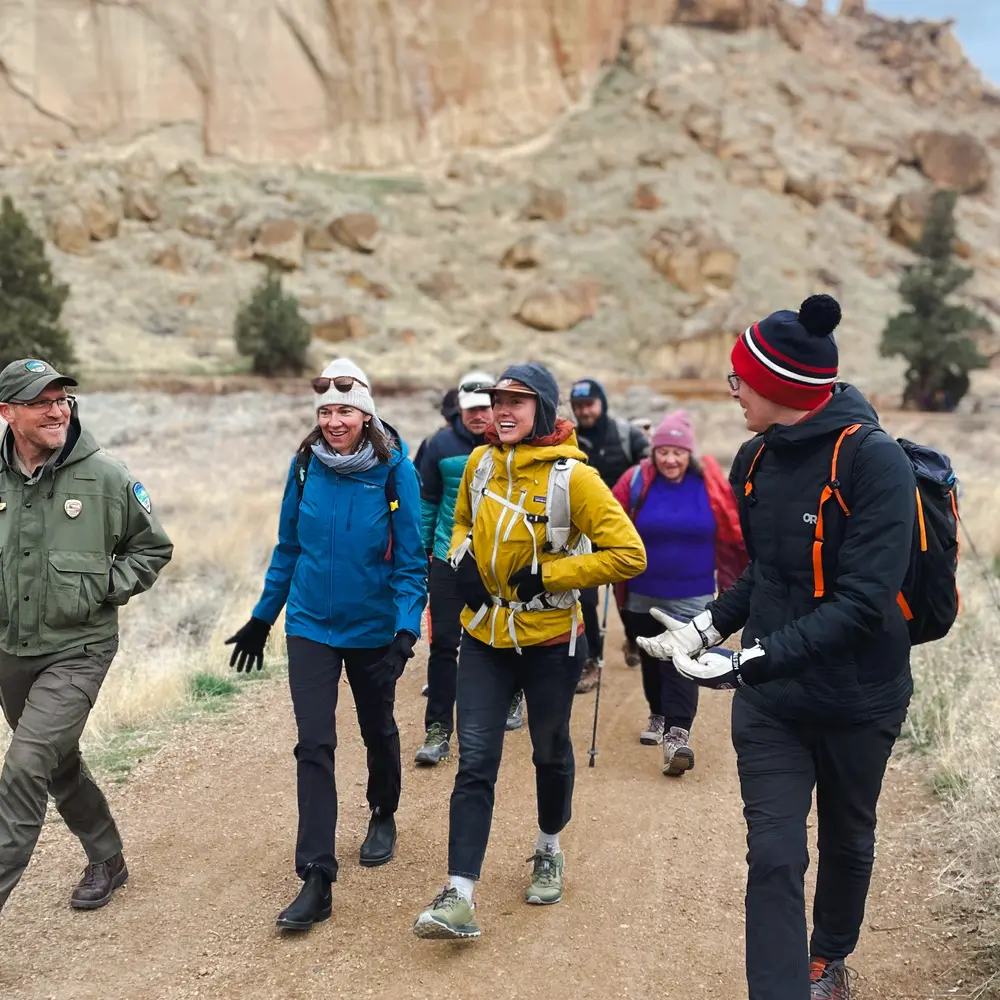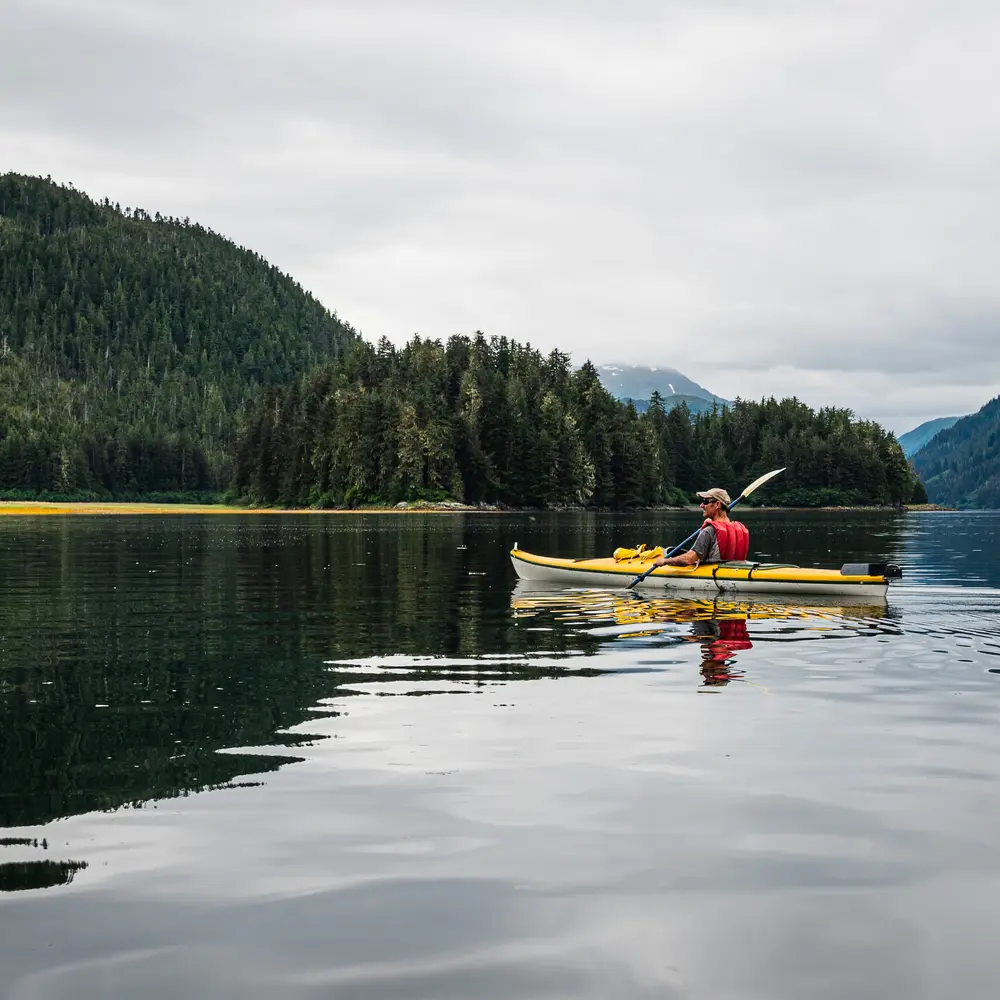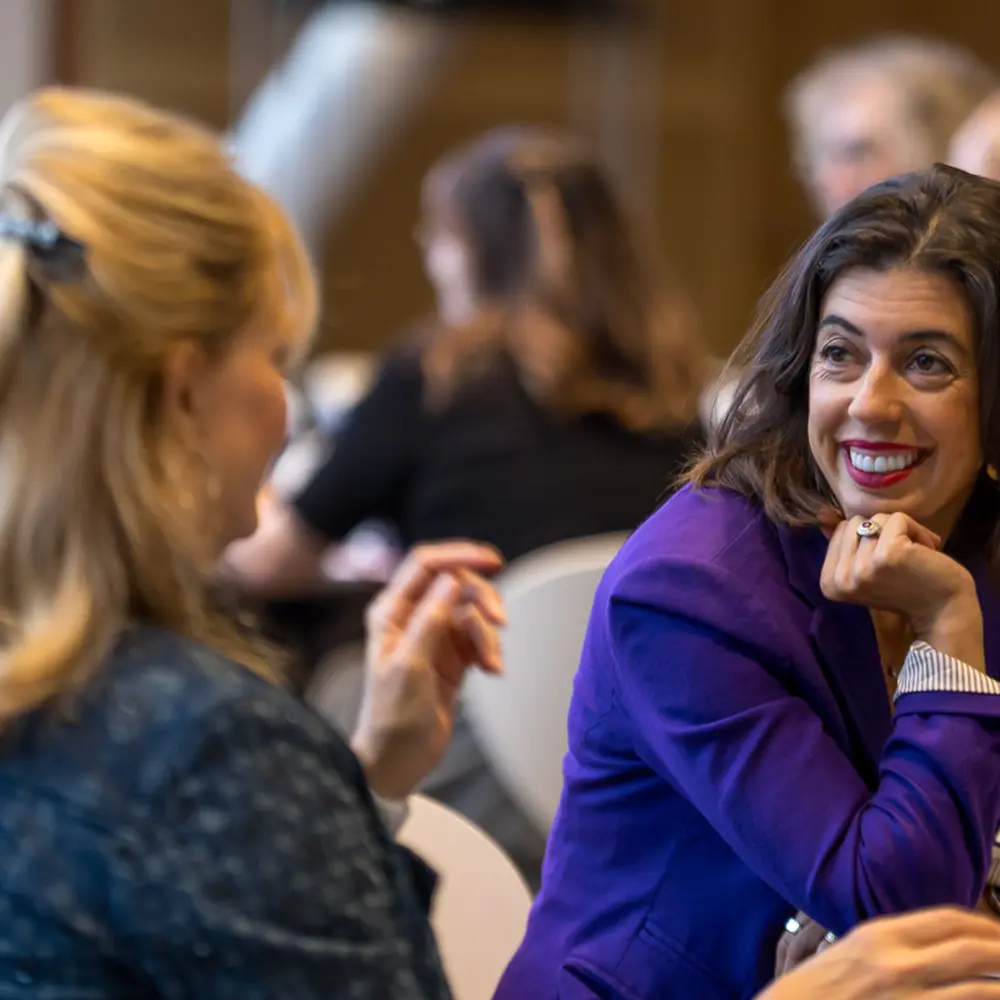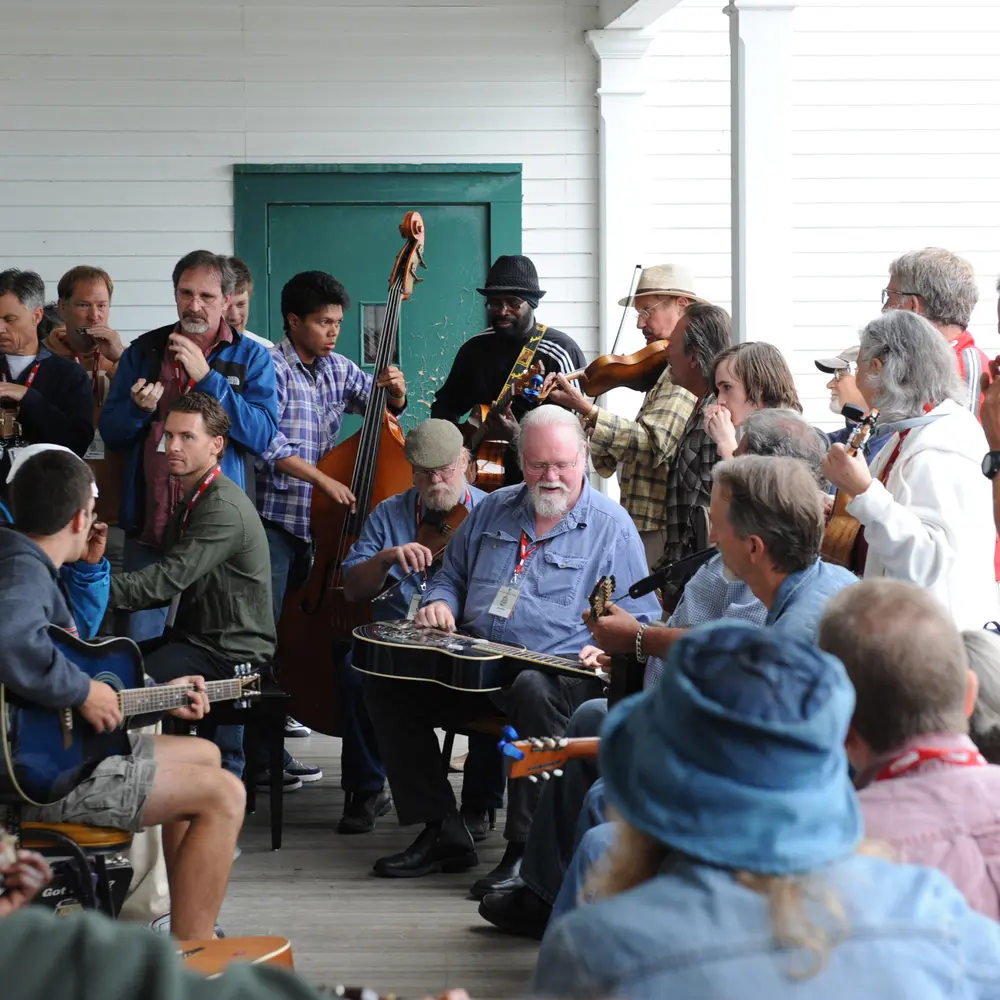Across the state of Idaho, student and faculty researchers are collaborating in the classroom, behind microscopes, and around 3D printers. They are addressing problems related to data storage, plant biology, traumatic brain injury, and so much more. Because our benefactor, Jack Murdock, believed strongly in the power of scientific innovation for the common good, we are grateful to support incredible scientific research happening across the Pacific Northwest. Today we want to particularly highlight some of the good work being done across the state of Idaho.
Cutting-Edge Instrumentation at Boise State University
Boise State University (BSU) has been named one of the nation’s top 50 most innovative universities, and it is recognized for its high research activity. Some seventeen years ago the Trust was able to support major instrumentation which helped the university launch its first Ph.D. program in geosciences. In the last decade, seven new Ph.D. programs have been added, and the university is rapidly growing its technology and science research output. Boise State University is also one of the most faithful participants in our Partners in Science program, which offers research opportunities to high school science teachers and helps raise up a next generation of scientists, beginning in the high school classroom.
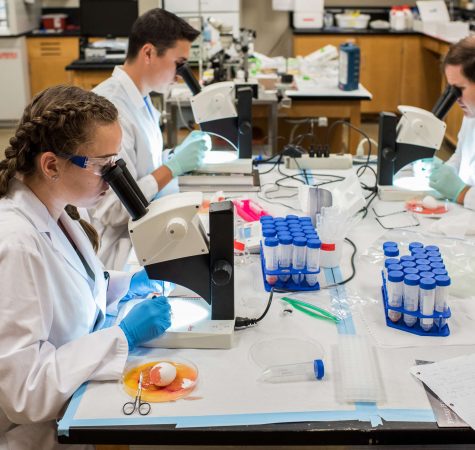
Recently, the Trust supported the BSU materials science and engineering program with funds toward purchasing a state-of-the-art atomic force microscope with various advanced capabilities. This microscope fills a gap in research capabilities by providing simultaneous information related to topography and composition at a minute level. This instrumentation will enable research in the exciting and increasingly relevant field of Quantum Information Sciences. This work will address some of the grandest and most complicated challenges facing the world today: geopolitical stability, advanced manufacturing in extreme environments, memory and data storage, and so much more.
New Faculty at the College of Idaho
Just thirty miles west at The College of Idaho, a private liberal arts college in Caldwell, a new tenure-track hire in biology will increase the research and teaching capabilities of the biology department. This grant is part of the Trust’s Research Start-Up Grants for New Science Faculty program that supports tenure-track hires in the natural sciences across the Pacific Northwest. The grant program intends to make institutions competitive for the best young faculty nationwide, give new hires a better research environment, and create more opportunities for faculty-student research. For The College of Idaho, a new research-active faculty member in plant biology is right in line with the department’s mission to provide high-quality research opportunities for undergraduate students while advancing biological research.
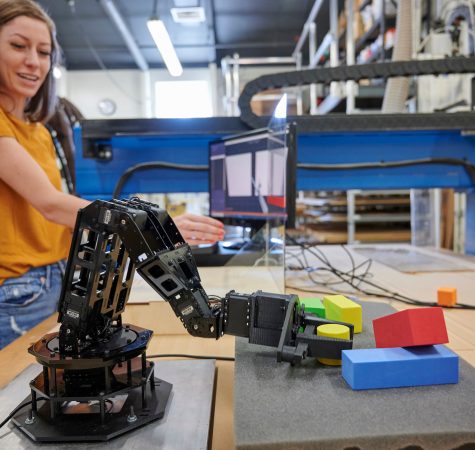
Collaborative Innovation at the University of Idaho
Meanwhile, an interdisciplinary team at the University of Idaho is conducting important biofluids and biomechanics research thanks to a high-resolution 3D printer from a U.S. National Science Foundation award and an integrated imaging and printing system partially funded by a Trust grant. Together, this new equipment and system will enable researchers to capture high-resolution details of objects in 3D space. This allows them to perform experimental studies with lower measurement uncertainties, compared to objects produced using their existing technology, that are also impossible to do using real specimens. This research will advance knowledge in a variety of critical areas, including lung ventilation, brain cancer drugs, traumatic brain injury, biological tissues, and more.
Each of these investments, while small splashes in the surface of scientific research across Idaho, are perfect examples of what we call the ripple effect. By investing in one microscope, new faculty member, and printing system now, our region can create ripples in scientific advancement that will radiate outward for years to come. To each of these researchers, students, universities, and communities, and many more across the Pacific Northwest who are using scientific innovation for the common good, we say thank you. May your work continue to flourish!
The post Grant Stories: Scientific Research in Idaho appeared first on M. J. Murdock Charitable Trust.

